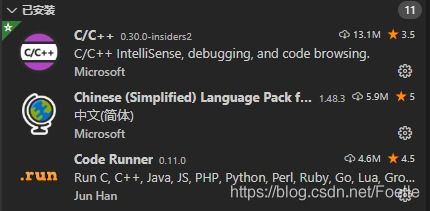```html
Professional Advice on Coding
As a programming expert, I'm here to offer guidance and insights into the world of coding. Whether you're a beginner or an experienced developer, understanding key concepts and best practices is crucial for success.
The first step in coding is selecting the right programming language for your project. Consider factors such as the project requirements, community support, and your own familiarity with the language. Popular languages like Python, JavaScript, and Java offer versatility and ample resources for learning.
Before diving into complex projects, ensure you have a solid understanding of programming fundamentals such as variables, data types, loops, and functions. Mastery of these concepts will serve as a strong foundation for your coding journey.
Practice makes perfect in coding. Dedicate time each day to coding exercises, challenges, or personal projects. This not only reinforces your skills but also helps you explore new techniques and problemsolving approaches.

Version control systems like Git are essential tools for collaborative coding and managing project changes. Familiarize yourself with basic Git commands and workflows to effectively track and coordinate code modifications.
Documentation is a vital aspect of coding, facilitating code maintenance, collaboration, and knowledge sharing. Write clear comments and documentation for your code to enhance readability and make it easier for others (and your future self) to understand.
Don't hesitate to seek feedback on your code from peers, mentors, or online communities. Constructive criticism can help you identify areas for improvement and refine your coding skills. Additionally, collaborating on projects with others exposes you to diverse perspectives and approaches.
The field of programming is constantly evolving, with new languages, frameworks, and tools emerging regularly. Stay updated with industry trends, attend workshops or webinars, and explore online resources to keep your skills relevant and uptodate.
Coding is fundamentally about solving problems. Engage in algorithmic challenges, puzzles, or coding competitions to sharpen your problemsolving abilities and expand your coding repertoire. Websites like LeetCode, HackerRank, and CodeSignal offer a plethora of practice opportunities.
Apply your coding skills to realworld projects to gain practical experience and showcase your abilities. Whether it's a personal website, a mobile app, or a data analysis tool, building projects allows you to demonstrate your creativity, problemsolving skills, and technical proficiency.
Learning to code is a journey that requires persistence and patience. Don't be discouraged by setbacks or challenges along the way. Stay focused on your goals, celebrate your progress, and embrace the learning process as you continue to improve your coding skills.
By following these guidelines and consistently honing your coding skills, you'll become a proficient programmer capable of tackling a wide range of projects and contributing meaningfully to the world of technology.
